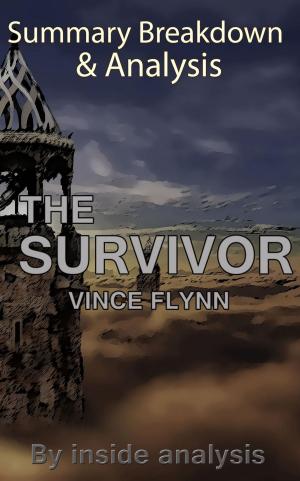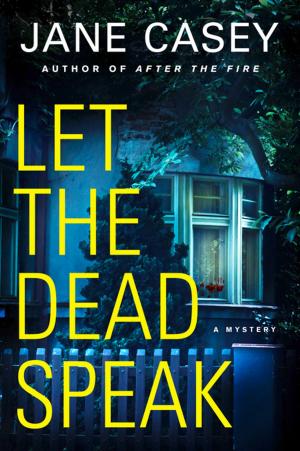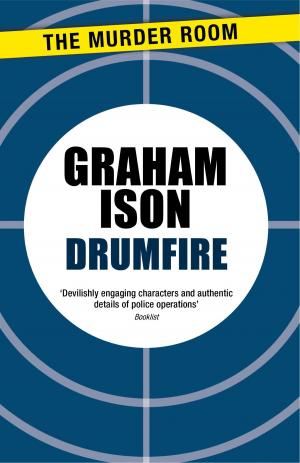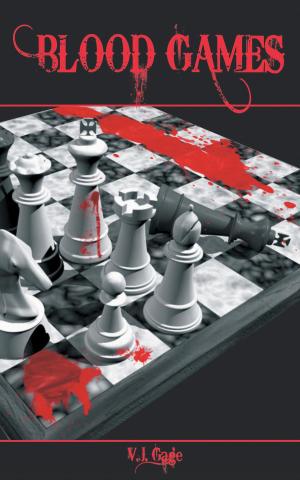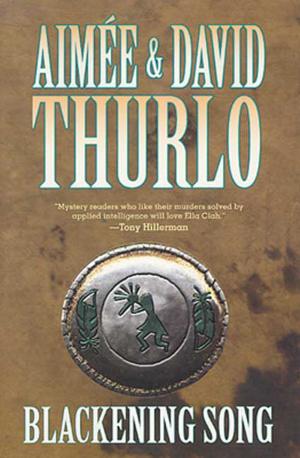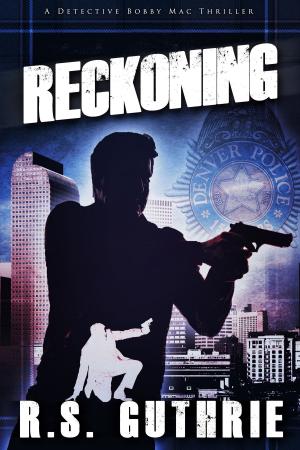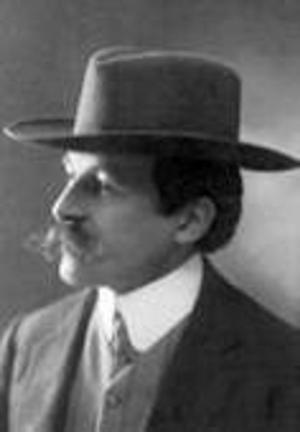| Author: | Kevin Warrick Fitzgerald | ISBN: | 9780982951200 |
| Publisher: | Kevin Warrick Fitzgerald | Publication: | September 13, 2010 |
| Imprint: | Smashwords Edition | Language: | English |
| Author: | Kevin Warrick Fitzgerald |
| ISBN: | 9780982951200 |
| Publisher: | Kevin Warrick Fitzgerald |
| Publication: | September 13, 2010 |
| Imprint: | Smashwords Edition |
| Language: | English |
Over the next few days, when no word surfaced about her, the Buckners printed up hand bills with a picture of Tina looking her cutest in a green and white polka-dotted jumper promising a $10,000 reward for information leading to her return. They posted them in every shop window with a sympathetic manager and telephone pole.
They contacted all the nationwide missing children agencies and added Tina's picture and description to their inventory. Most of the TV and radio stations in town complied with the Buckner's request and showed Tina's picture or gave her description over the air, one time. Steve and April appeared on every talk show in the city to plead for information on their daughter.
Steve broke down crying on one of the shows and in his grief announced that he'd give everything he owned for the return of his darling girl.
Not one person responded with a substantial clue to her whereabouts. The media blitz did, however, keep the Jacksonville police checking out one false lead after another for months.
The ordeal shattered April's nerves.
Twelve weeks later, the Buckners got a phone call from the Atlanta Police Department. They had found Bob. He was dead.
Steve drove up to Atlanta to identify the body.
Walking into that morgue was the scariest thing he had ever done, up to that time. When the technician pulled the sheet away from the body and Steve got a good look at what was left of his only son, his knees buckled and his head slammed into the edge of the table on his way down. Blood flew everywhere. He was hospitalized overnight with twenty-two stitches in his scalp.
The next afternoon he was escorted into the Atlanta Police Department’s Metropolitan Bureau of Investigation, or MBI, and Lieutenant Pat Floss told Steve the grisly truth surrounding his son’s death. About the time Bob Buckner vanished, a vicious drug dealer who called himself Sluggo, just Sluggo, acquired himself a lieutenant named Ted Mainstream. Together they rapidly expanded their crunch distribution network until they rivaled the big boys. So, of course, the big boys wanted them dead and a gang war erupted. Over a two week period, dead bodies hit the pavement with the regularity of Swiss clockwork.
When the dust cleared, Sluggo not only survived but was more powerful than ever. He now had the money and the muscle to carve out his own crunch territory and he continued to grow and expand. More turf wars erupted. More bodies thudded into the street. Drive by shootings became an every day occurrence in some hoods. Police efforts to curb the violence amounted to them trying to hold back the tide with a whisk broom.
When a semblance of calm returned, Sluggo and his associates were one of the three biggest crunch dealers in the Metro Atlanta area pulling in millions every month. They kept a
hold on their territory with violence and the treat of violence. They grew so powerful that no competitor dared try to take them down.
But their successes made them arrogant and sloppy. Atlanta P.D.’s MBI was slowly able to built a case against the Sluggo gang. When the DA was satisfied that their case was airtight, the police tried to serve their search and arrests warrants on Sluggo's compound.
As soon as the officers got within range, the occupants started shooting. By the time dawn broke, thirty-two people were dead, all but one from gunfire, including three cops. Sluggo's chief lieutenant, Ted Mainstream, was one of the last to be killed. He had single-handedly kept the police at bay from the top room in the south turret for three hours. He was killed with an uzi still clutched in his hands. There were twenty-seven empty magazines around him, with another thirty-eight fresh magazines ready to go. He had enough food stashed in the room to last him a week.
Over the next few days, when no word surfaced about her, the Buckners printed up hand bills with a picture of Tina looking her cutest in a green and white polka-dotted jumper promising a $10,000 reward for information leading to her return. They posted them in every shop window with a sympathetic manager and telephone pole.
They contacted all the nationwide missing children agencies and added Tina's picture and description to their inventory. Most of the TV and radio stations in town complied with the Buckner's request and showed Tina's picture or gave her description over the air, one time. Steve and April appeared on every talk show in the city to plead for information on their daughter.
Steve broke down crying on one of the shows and in his grief announced that he'd give everything he owned for the return of his darling girl.
Not one person responded with a substantial clue to her whereabouts. The media blitz did, however, keep the Jacksonville police checking out one false lead after another for months.
The ordeal shattered April's nerves.
Twelve weeks later, the Buckners got a phone call from the Atlanta Police Department. They had found Bob. He was dead.
Steve drove up to Atlanta to identify the body.
Walking into that morgue was the scariest thing he had ever done, up to that time. When the technician pulled the sheet away from the body and Steve got a good look at what was left of his only son, his knees buckled and his head slammed into the edge of the table on his way down. Blood flew everywhere. He was hospitalized overnight with twenty-two stitches in his scalp.
The next afternoon he was escorted into the Atlanta Police Department’s Metropolitan Bureau of Investigation, or MBI, and Lieutenant Pat Floss told Steve the grisly truth surrounding his son’s death. About the time Bob Buckner vanished, a vicious drug dealer who called himself Sluggo, just Sluggo, acquired himself a lieutenant named Ted Mainstream. Together they rapidly expanded their crunch distribution network until they rivaled the big boys. So, of course, the big boys wanted them dead and a gang war erupted. Over a two week period, dead bodies hit the pavement with the regularity of Swiss clockwork.
When the dust cleared, Sluggo not only survived but was more powerful than ever. He now had the money and the muscle to carve out his own crunch territory and he continued to grow and expand. More turf wars erupted. More bodies thudded into the street. Drive by shootings became an every day occurrence in some hoods. Police efforts to curb the violence amounted to them trying to hold back the tide with a whisk broom.
When a semblance of calm returned, Sluggo and his associates were one of the three biggest crunch dealers in the Metro Atlanta area pulling in millions every month. They kept a
hold on their territory with violence and the treat of violence. They grew so powerful that no competitor dared try to take them down.
But their successes made them arrogant and sloppy. Atlanta P.D.’s MBI was slowly able to built a case against the Sluggo gang. When the DA was satisfied that their case was airtight, the police tried to serve their search and arrests warrants on Sluggo's compound.
As soon as the officers got within range, the occupants started shooting. By the time dawn broke, thirty-two people were dead, all but one from gunfire, including three cops. Sluggo's chief lieutenant, Ted Mainstream, was one of the last to be killed. He had single-handedly kept the police at bay from the top room in the south turret for three hours. He was killed with an uzi still clutched in his hands. There were twenty-seven empty magazines around him, with another thirty-eight fresh magazines ready to go. He had enough food stashed in the room to last him a week.

